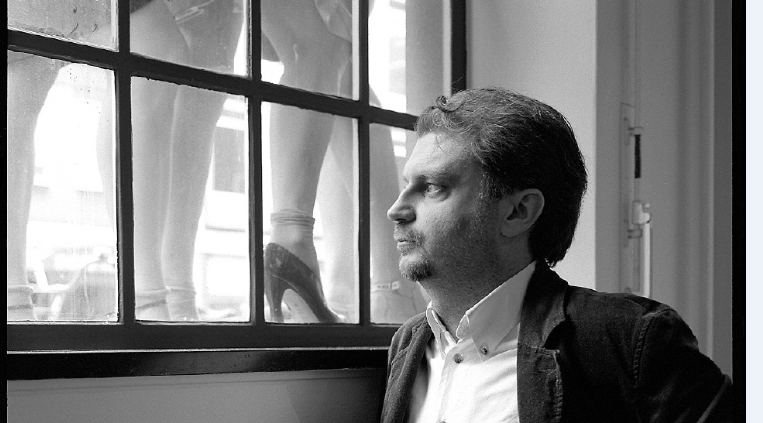The supremacy of the text in theater has rightly come to an end. Yet this research project wants to focus radically on the text. How did the theater text develop as a text? How did the text respond to his loss of authority? Which scriptures have arisen from it? How can the theater text be read as text? The research project aims to answer these questions from two perspectives: a historical and a textually oriented perspective.
The historical perspective is broad. It wants to follow the theater text in its various forms throughout Western history: from the Greek tragedy, to the medieval mystery plays and the neo-classicistic tragedy, to the bourgeois drama, the modern drama and its fragmentation in various postmodern writings. The starting point is the insight that the dramatic form is a historically developed form and is now subject to fundamental transformations.
The text-oriented perspective poses explicit questions about the identity of the theater text. What is a theater text, especially when it does not conform to the traditional drama form? How can contemporary theatrical writings be read and described beyond the dramatic categories (character, conflict, plot)? Which new reading strategies are possible? A large part of the examples are taken from Dutch theater literature.
Promoter: Liese Stuer





